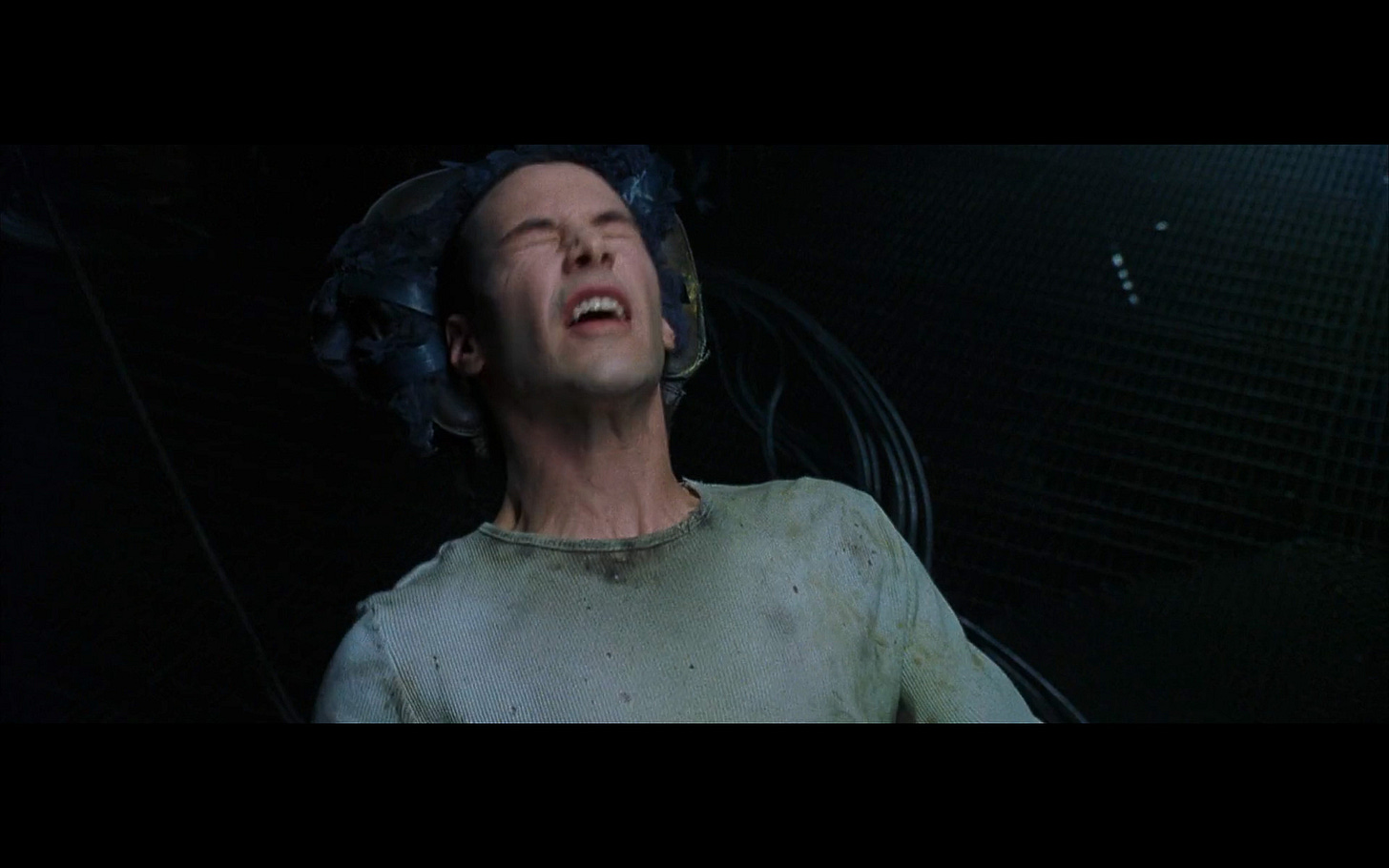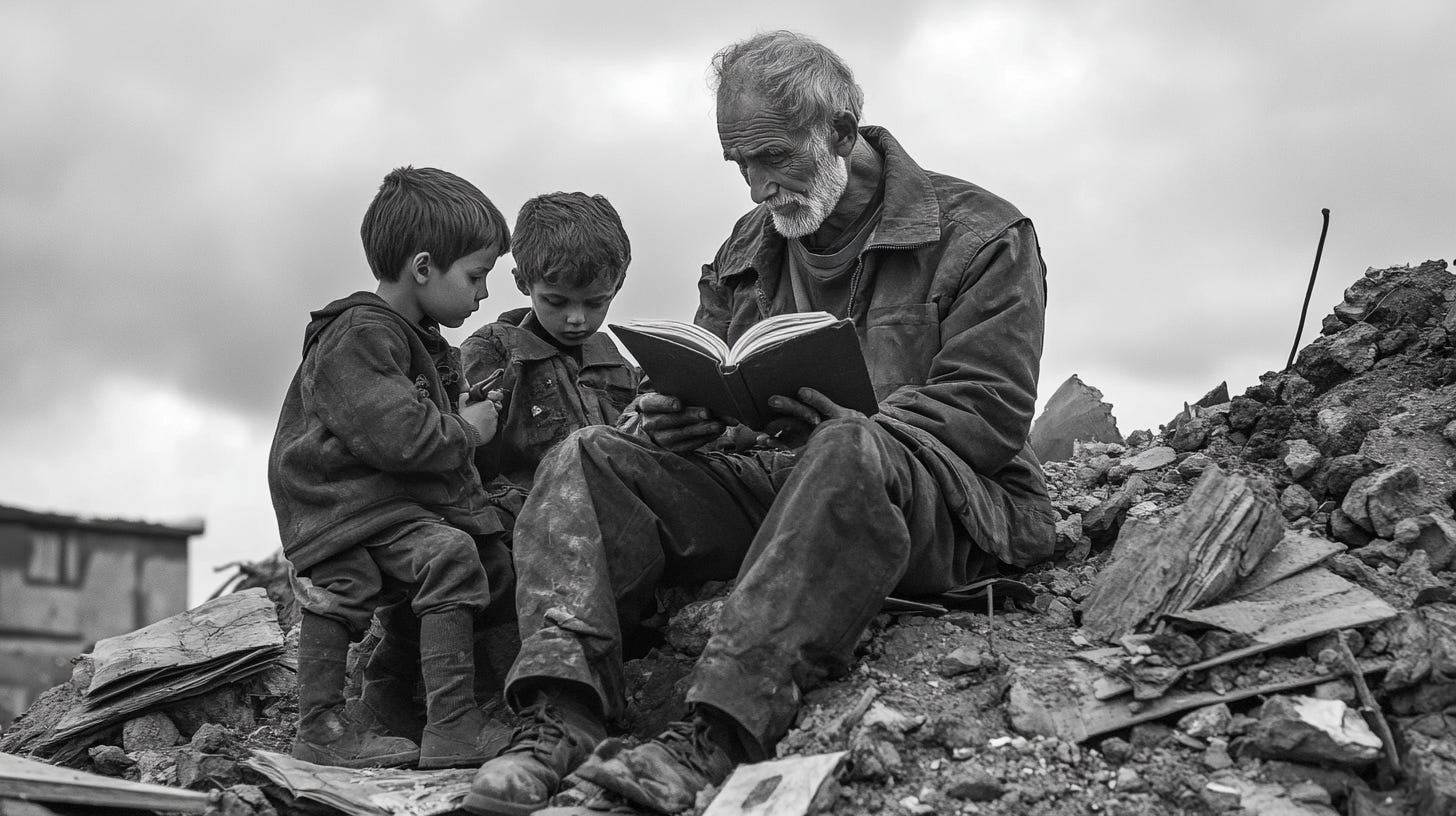Today I had eight hours of sleep. That’s an hour more than the doctors recommend for someone my age, meaning I shouldn’t have felt tired. But, I did. My entire day was ruined. I was sluggish, unmotivated, and unprepared to deal with every problem that came my way. I had fallen victim to waking up on the “Wrong Side of the Bed”, which presented me with an interesting question. Why do we sometimes feel tired even after a full night’s rest? And for that matter, why do we even sleep at all?
I’ve read a lot about the human mind, and, although I can’t even begin to call myself a professional, I can tell you that other professionals have reached some wild but reasonable answers to this common activity. What’s fascinating is that their insights have given us a much better understanding of this deep question: Why do we tell stories? Moreover, why do we yearn for them almost as much as we yearn for sleep?
What The Science Is Telling Us
Some people in the field think our sleeping behaviors are adaptive traits designed to conserve energy and maximize our survival. That’s why we seek shelter at night, sleep in groups, and go through periods of deep sleep before transitioning back to lighter sleep. But as we refine our understanding, it becomes clear that sleep also induces rejuvenating processes for the mind and body. Many of our restorative functions from skeletal muscle re-building to the release of growth hormones take place more effectively or even exclusively when we’re sleeping.
But, it gets even crazier when you get into Brain Plasticity Theory. Not only does our body rejuvenate when we sleep, but we also produce stronger and more efficient neural connections. Our neurons move constantly when we sleep as if we’re processing our day-to-day experiences, which may be directly linked to our dreams and why we have them.
It’s All About the Conflict
Think about the last dream you had. Hell, think about every dream you’ve ever had, from funny and goofy to tragic and sad. It seems that most of the dreams are conflict-driven. You’re always being chased by something, going through an embarrassing situation, losing a loved one, or going through a pressing matter that requires you to respond. So, why is this?
Are we producing stories and instances in our dreams because we’re re-arranging our neural pathways? Is this our way of processing the emotional responses to everyday experiences so we’re better prepared for the next day? Perhaps the phenomenon of dreaming is nothing more than our way of simulating experiences for training purposes, like in “The Matrix”.
Now, look. We’ll probably not forget to put our pants on when we go to work or get chased by a mountain lion. But, we may find ourselves in an equally embarrassing or threatening situation that requires us to respond appropriately to come out on top.
Perhaps that’s the reason why our dreams are so conflict-ridden. Maybe, we dream because it's nature’s way of perfecting itself; like we’re nothing more than iPhones plugged into an outlet only, instead of simply charging we’re also making software updates.
The Power of Storytelling
Now here’s where things get a little weird and this is something that many scientists and filmmakers never really think about. If you take any screenwriting courses, they will teach you about the simple but eloquent Three-Act Structure. That’s single-handedly the most common way to structure a story and what’s interesting is that it’s rife with conflict or what writers call plot points, which drives the story to some conclusion.
This is the structure of almost every movie you’ve ever watched, and it’s always driven by conflict. That’s strange, isn’t it: That conflict seems universally characteristic in media. It’s very telling of the importance of art and film.
If our neurons strengthen connections while we’re engaged in conflict-ridden dreams, and if the standard for film is all about driving conflict in stories…Well then, maybe movies exist to help us process and understand the problems we face, just as we do when we dream.
We always see film and art as intangible abstractions with little meaning or real value. But maybe its value lies in helping us see reality more clearly. If that is the case, then we can surmise that the purpose of movies is nothing more than a consequence of our struggle to better know ourselves and the World around us just as why we dream may be a consequence of our brain trying to better understand the world by rearranging neurons while we sleep.
This might also explain why we always have sex, drugs, and violence in media. Maybe, it’s not because we idolize vice, but rather we’re afraid of it and the consequences that erupt after committing such acts. So we may be recreating them to observe, understand, and better prepare ourselves when facing similar situations in the real world. But because our lives are so cushioned compared to our ancestors, the conflict in stories, today, seems dull and almost meaningless compared to how they used to be written.
Granted, we have far more stories than ever before, so there are many exceptions to this observation, but when it comes to the most popular tentpole movies, it certainly appears to be this way.
What’s funny is that most people see senseless violence and other vices as proof that society is going down the drain. Many claim that we don’t have moral values or a sense of right and wrong and that all this extreme violence in films is evidence of this.
But maybe it’s just extreme and frequent because the need to process something like violence is less important than it was before. So it almost naturally gravitates to something arbitrary for the simple shock value, instead of a means to intimately connect the viewer to the realities of such violent acts that are as foreign to them as the surface of Jupiter. We still see an exploration of realistic acts of violence in movies, but in many ways, we’re seeing less of it.
I guess in a real way, this senseless portrayal of violence seems to show progress since if it were otherwise, the violence might appear more realistic and less massive in scale like what’s seen in all the blockbuster summer hits. Maybe if we were doing worse our popular stories would be more engaging.
Don’t get me wrong. I’m an avid movie-watcher and see tons of great stuff. And even if the movie isn’t that appealing to me, I can at least recognize the allure and respect the amazing work that’s gone into it. But, perhaps all movies across the board could be better, and we simply fail to realize how they can because most of our lives are too comfortable.
The kinds of conflicts most of us face in society, today, aren’t nearly as visceral and life-threatening as they were before. There isn’t some overarching goal or a high-stakes game we’re trying to achieve. There’s less of a need to build newer and better things. Now it’s mostly about working to buy stuff so that you can live a decent life. So perhaps these pampered lifestyles muted our sense of creativity because there’s less need for it.
But things are growing more destabilized these days, and I think it will augment as we wade through these huge changes. Maybe things will get better but, who knows? And, if everything goes down the tube, then film and other mediums will likely have a deeper level of importance for society because it may be the last place where genuine conversations about our problems can occur. That can ultimately help us process these issues, which aid in synthesizing real solutions.
So, Why Do We Create Art?
Art exists for a reason. It may be fluid and arbitrary but that doesn’t mean it has no reason for existing. It exists because we want to perfect ourselves. We’re hard-wired to do so. Sure, not everyone wants to pick up a laptop and type up a 120-page screenplay but, we all dream.
And if we always dreamt of a stranger in an unfamiliar place, experiencing non-conflicts that have no relevance to our lives, we wouldn’t feel connected to the dream and, therefore, wouldn’t be able to make the right neural connections to maximize our response to situations that happen in our everyday lives.
That’s why we need to be more responsible with our films given that films do what our dreams do; they help us understand our problems and aid us in better handling them. We can’t just produce mindless indulgences filled with conflicts devoid of meaning. The formula big studios use is effective at making profits, but it’s dulling the stories we need to make better sense of everything.
Conclusion
Stories may seem like entertainment, but they’re paramount to our survival and a way for us to progress internally so that we can progress externally. If we blindly make films, believing that it’s only entertainment, we blindly misinterpret our struggles. This could lead to social stagnation.
One day if we ever reach perfection, art will no longer exist as something important and therefore, it’ll be created to stave off boredom. Thankfully, perfection will never exist because if it did, then we’d have nothing more to work towards. There would be nothing left to do. And more startling, it would cheapen art to the extent that we would no longer connect to it.
We’re gonna go through a crisis that will bring us closer to perfection. But one day, we’ll find something else to improve upon, and the cycle will continue. We can conquer the Universe and beyond, but we’ll never be perfect and our endeavors will continue. That’s why we’ll always need art. And, as long as we can better understand the reason for the phenomenon and remind ourselves of that reason, then we’ll always be able to move forward.
Story Prism, LLC
________________________________












